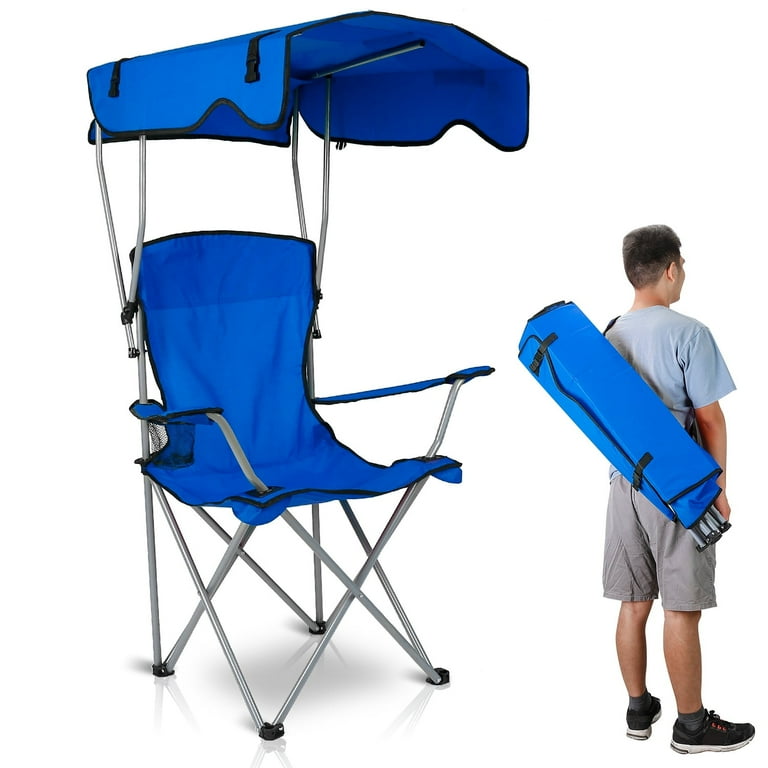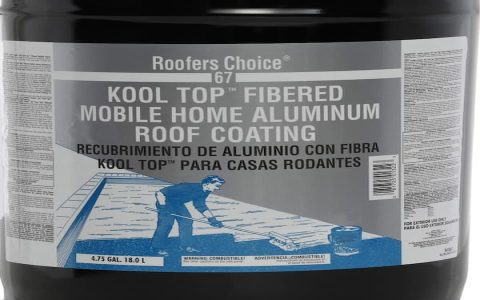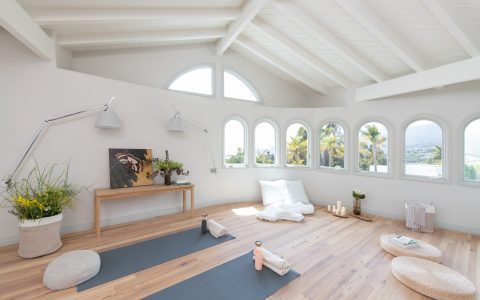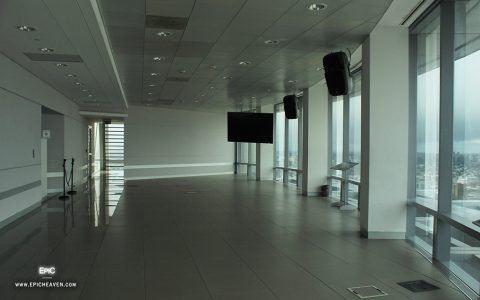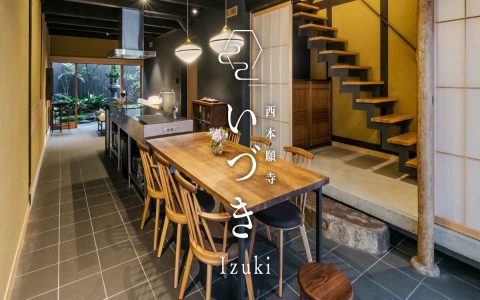Understanding Roof Chairs
A "roof chair" typically refers to seating furniture specifically chosen or designed for use on rooftop environments. These spaces, such as terraces, patios, or accessible green roofs, demand furniture that can withstand unique environmental challenges while complementing the setting's purpose and aesthetics.
Key Design and Material Considerations
- Weather Resistance: Essential for durability. Materials like powder-coated aluminum, stainless steel, teak, high-density polyethylene (HDPE), and specialized synthetic wickers are preferred for their ability to resist moisture, UV radiation, and temperature extremes.
- Weight and Stability: Chairs must be substantial enough to resist wind uplift, a critical concern for elevated locations, yet not exceed the roof's structural load-bearing capacity. Anchoring mechanisms may be necessary in exposed areas.
- UV Degradation: Prolonged sun exposure can cause fading and material breakdown. UV-inhibitors in materials and finishes are crucial for longevity.
- Drainage: Efficient water drainage is vital. Designs should prevent water accumulation, which can lead to material damage, mold growth, or added weight.
- Maintenance Requirements: Low-maintenance materials that are easy to clean are highly advantageous, especially where access for upkeep might be constrained.
- Safety and Compliance: Furniture stability is paramount to prevent tipping or items being blown off, posing a safety hazard. Adherence to local building codes and safety regulations for rooftop installations is mandatory.
- Structural Load: Always verify the roof's load-bearing capacity with a structural engineer before selecting and placing furniture.
Common Types of Roof Chairs
- Lounge Seating: Including individual lounge chairs, sofas, and daybeds designed for comfort and relaxation.
- Dining Chairs: More upright seating intended for use with dining tables on rooftop eating areas.
- Modular Furniture: Versatile sections that can be reconfigured to suit different layouts and group sizes.
- Bar Stools and High Chairs: Suitable for rooftop bars or counters, often maximizing views.
- Benches: Efficient for seating multiple people and can be integrated into planters or perimeter walls.
Applications in Rooftop Environments
Roof chairs enhance the functionality and appeal of various rooftop spaces:
- Residential Terraces: Creating private outdoor oases for relaxation and entertainment.
- Commercial Venues: Rooftop bars, restaurants, and event spaces utilize durable and stylish seating to attract patrons.
- Hospitality Sector: Hotels often feature rooftop lounges and pools with dedicated seating for guests.
- Corporate and Institutional: Office buildings and universities may incorporate rooftop gardens or breakout areas with seating for employees and students.
Professional Selection: Selecting appropriate roof chairs involves a balance of aesthetics, functionality, durability, safety, and compliance with structural and regulatory requirements. Careful planning ensures a long-lasting and enjoyable rooftop experience.
